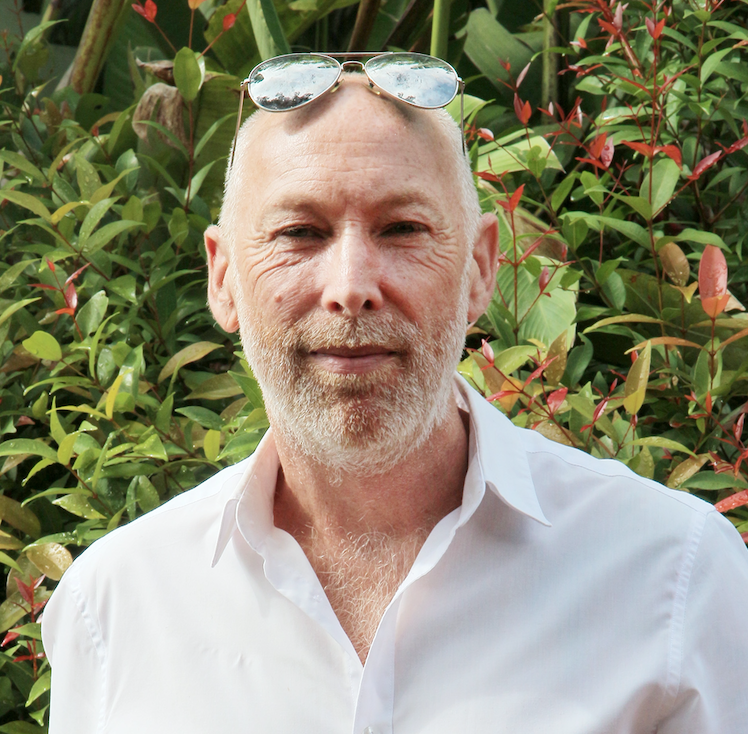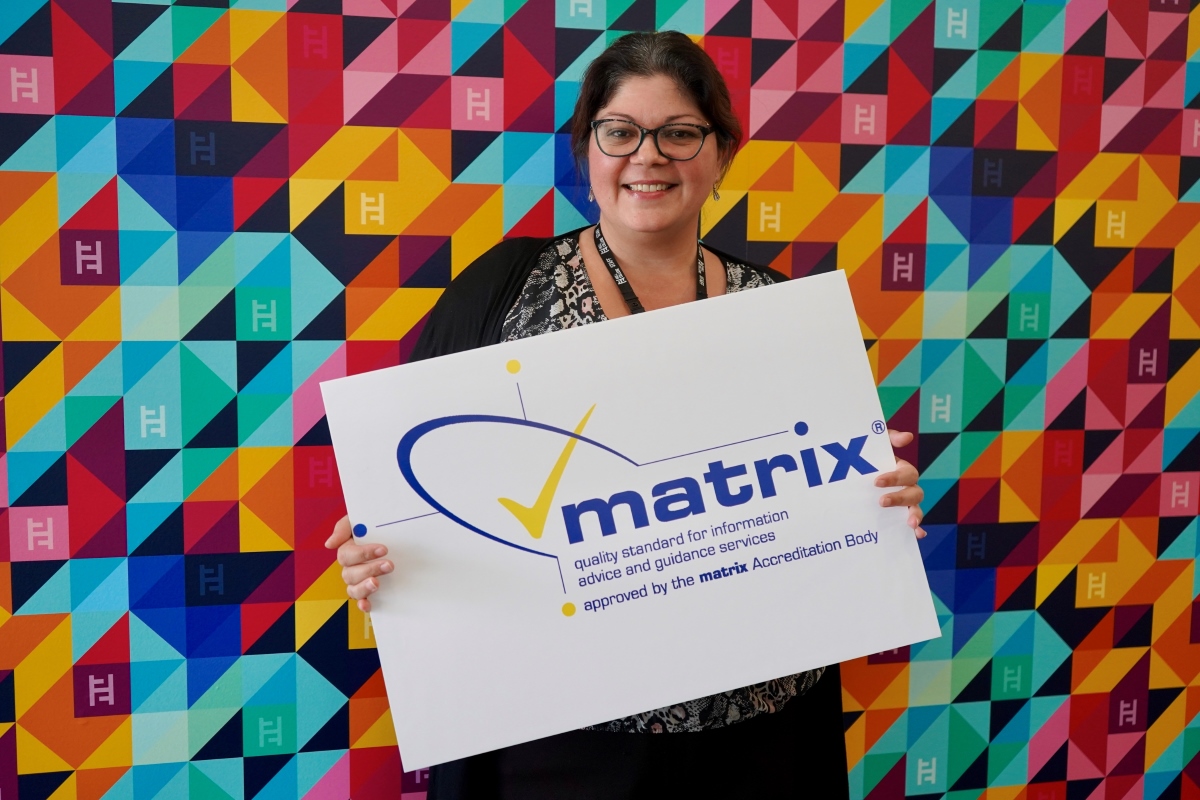Choosing a career in the mental health industry

The mental health field comprise many professionals who work together to address the diverse needs of individuals with mental health issues. Individuals usually work as part of a multidisciplinary team in addressing the complex needs of individuals with mental health issues and to help them achieve their goals. Some of the key roles in the mental health field include:
Psychiatrist: A psychiatrist is a medical doctor who specializes in diagnosing and treating mental health disorders. They can prescribe medication and may also provide psychotherapy.
Psychologist: A psychologist is a mental health professional who specializes in the assessment, diagnosis, and treatment of mental health disorders. Psychologists may provide talk therapy, cognitive-behavioral therapy, and other forms of psychotherapy.
Clinical Social Worker: Clinical Social Workers are mental health professionals who have a master’s degree in social work and are licensed to provide therapy to individuals, families, and groups. They may also provide case management and advocacy services.
Professional Counselor: Counsellors are mental health professionals who have a master’s degree in counseling and are licensed to provide therapy to individuals, couples, and families. They may also provide crisis intervention and other mental health services.
Psychiatric Nurse Practitioner: A psychiatric nurse practitioner is a registered nurse with additional training in mental health. They can prescribe medication and provide psychotherapy.
Substance Abuse Counselor: Substance abuse counselors help individuals with substance use disorders overcome addiction and develop healthy coping skills. They may work in a variety of settings, including hospitals, clinics, and private practice.
Art Psychotherapist: Art psychotherapists are trained therapists who use creative arts, such as drawing, painting, and sculpture, to help individuals express themselves and explore their psychological processes and emotions. They frequently work with individuals or groups within hospitals and clinics.
Music Therapist: Music therapists use music to help individuals improve their physical, emotional, and mental well-being. They may work with individuals or groups in a variety of settings, including hospitals, schools, and nursing homes.
Occupational Therapist: Occupational therapists help individuals with mental health issues improve their ability to perform everyday tasks and participate in meaningful activities. They may work in hospitals, clinics, schools, or community settings.
Peer Support Specialist: Peer support specialists are individuals who have personal experience with mental health issues and provide support and guidance to others who are going through similar experiences. They may work in community centers, hospitals, and clinics.
Lee Hawker-Lecesne, 55, is Lead Therapist and Addiction Counsellor at The Cabin, Asia’s most respected rehab. Located in Chiang-Mai, Thailand, and with a clinical team that has more than 50 years’ experience, The Cabin has successfully treated over 5,000 inpatients. He suggests “most of these roles require significant training. This is vitally important as they involve working with vulnerable adults, children, and adolescents. Finding an accredited training course is also important because this will confer the right credentials and allow you to practice within the field and move into specialist roles. The correct training also ensures that your practice is ethical and safe. It’s important that the public have a high degree of confidence in the therapists and mental health professionals that they access for care.”
“It’s possible to enter the field of mental health by practicing an ancillary form of therapy such as Sound Healing, Somatic Movement or Mindfulness but this should not be at the expense of achieving formal accreditation. Many therapy courses and counselling courses have moved online now, and more and more therapists are choosing this way to train. It’s important to choose an accredited course though as this may affect your ability to practice, formally advertise your services or gain professional indemnity insurance. Accrediting bodies are there to ensure best practice is delivered by their members and to maintain public confidence.”
“Training online is increasingly popular if you are unable to attend college or university. Gaining experience by volunteering or helping within an allied field will also increase both your insight and employment potential. Whilst studying psychology I worked for two years within the Learning Disability field as a support worker with clients diagnosed with autism. Helping at weekends whilst studying was hugely rewarding but also gave me access to clients whose care sat within the field of clinical psychology. It’s worth being creative in your training and if you are able to devote some practical help whilst learning then it can be worthwhile reaching out to facilities and prospective employers.”
The Cabin is a leading provider of private inpatient and outpatient addiction treatment based in Northern Thailand and treats clients with addiction, trauma, and behavioural issues.











Responses